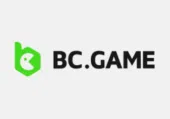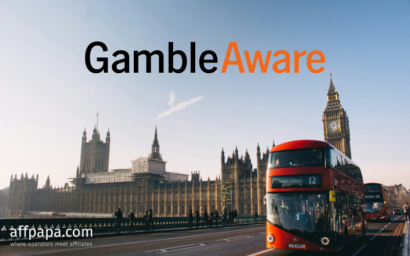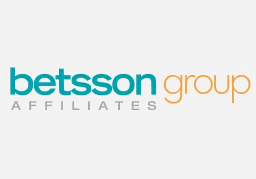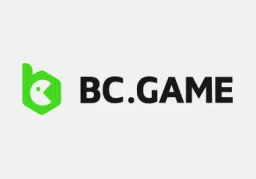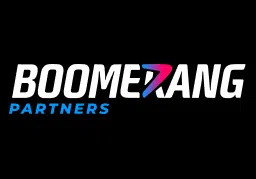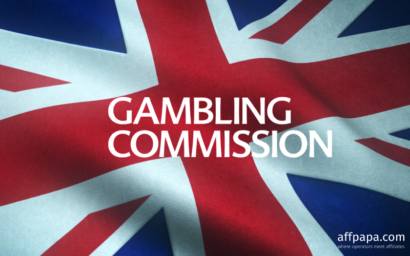GambleAware reveals increase in problem gamblers seeking help

GambleAware has published its yearly survey for GB Treatment and Support, in which it has been revealed that there is a rise in individuals categorized as being “problem gamblers” who sought help, mainly after the pandemic began.
The survey is conducted in order to identify the number of gamblers who seek treatment and support, as well as those who are affected by other people’s gambling habits. The 2020 edition used a much larger amount of individuals, which was 18,879, compared to the previous year’s 12,161. This was done in order to provide more accurate and inclusive results of all genders, ages, ethnic and socio-economic groups.
Moreover, the charity has stated that it has found a “statistically significant increase” in the number of problem gamblers who have said that they have sought some type of treatment and help in the last twelve months. Six out of ten people reported that they had done so, which is a 63% value, as compared to 54% in 2019.
Aside from that, the charity also found a rise in the usage of support and advice going from 39% in 2019 to 48% in 2020, mainly caused by self-help applications of tools such as self-exclusion services, which 14% said they had used (compared to 9% in 2019).
GambleAware CEO, Zoë Osmond, explained:
“It is encouraging to see a year-on-year increase in those classified as ‘problem gamblers’ seeking help, especially during the pandemic. These results will be used to help inform GambleAware’s new commissioning strategy as we continue our work to increase provision of and access to services. The significantly increased sample will allow GambleAware to better tailor existing support services according to local need, and allow us to better support local authorities and health commissioners.”
Moreover, the survey also took a look at treatment and support systems provided remotely, and revealed that 44% of gamblers stated it was better than face-to-face help services, whereas 38% said it was pretty much the same.
Of those who said that the remote help was far better, 33% stated that they liked the discretion aspect of it, while 32% said they preferred the convenience of the remote appointments, and 27% found it to be less embarrassing and intimidating when executed remotely.
From those “problem gamblers” who did not reach out and get any sort of treatment or help remotely, one in six of them (18%) said that they believed the quality of online help and support would not be as effective since there is a lack of eye contact and the clinician is unable to read body language.
Additionally, a further 16% claimed that they did not have access to a secluded area where they were able to get such treatment, and 14% said that they had to share their devices with some of their household members and therefore could not easily access online treatment and support.
The survey further unveiled that 59% of problem gamblers had claimed that they needed and wanted some type of treatment and help. The number mentioned includes those who have already had access to the treatments above-noted, which GambleAware says is proof of an overlap between demand and usage.
Lastly, the main motivations behind why people sought treatment were also included in the survey, where 29% said that they knew support had been available to them, 22% said to have been aware of the simplicity of obtaining help, while 16% said that they knew treatment would be entirely confidential.



